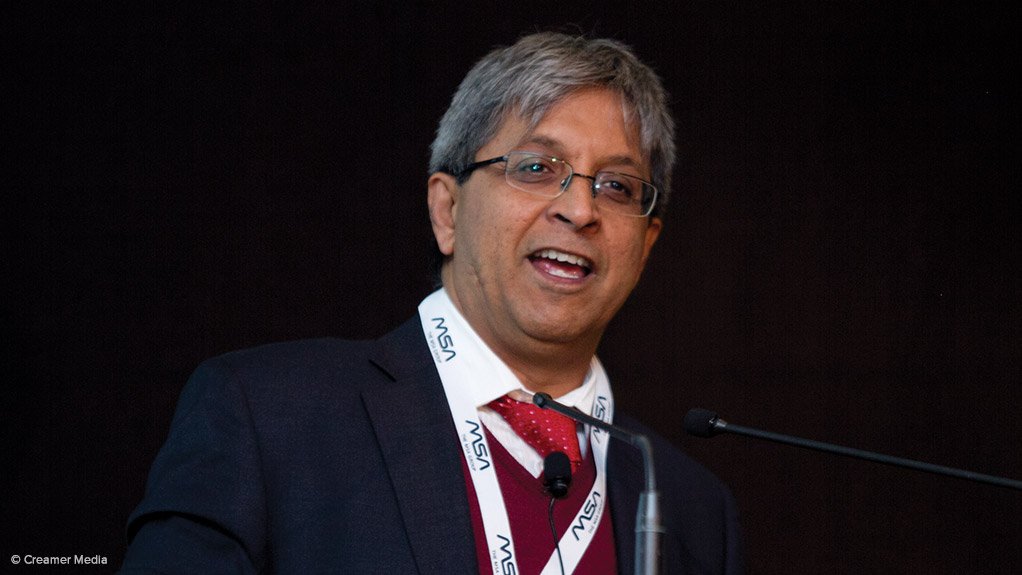Following the 62% majority of the African National Congress (ANC) in South Africa’s fifth democratic elections, University of the Witwatersrand vice-chancellor and professor of political science Adam Habib cautioned the ruling party and official opposition not to become complacent as he felt “the tilt of the election results sent a very strong message to political parties”.
“The results suggest that South Africa is likely to undergo some fundamental changes over the next 10 to 15 years,” he said at a South African Civil Society Information Service discussion last week.
Habib noted that the significant percentage point loss experienced by the ANC, as well as the gains of both the official opposition Democratic Alliance (DA) and newly formed Economic Freedom Fighters, attested to this conclusion.
Despite the fact that the ANC was said to be doing well, Habib noted significant shifts at the provincial level, where the ANC received marginal wins in areas such as Nelson Mandela Bay, Ekurhuleni and Tshwane metropolitans.
“This highlights the potential of the ANC to lose middle class support, which is something the party needs to consider, especially if the ANC seriously considers itself to be a party of modernity.”
Meanwhile, Habib noted that the quality of democracy remained in question as the government still grappled with the relentless realities of poverty, inequality and unemployment.
While the ANC interpreted the election victory as a green light from South Africans to continue with the implementation of a socio-democratic vision it represented, the reality was that the concentration of power and wealth at the top had come to affect the nature of national politics and the economy.
A panel of experts on politics from various academic fields attended the debate to discuss what the likelihood was that South Africa’s democracy would undergo shifts ahead of the local government elections in 2016 and the next general elections in 2019.
“Overall, the outcomes of the 2014 general elections spoke volumes of the quality of South Africa’s democracy,” the panel heard from Habib.
"The fact that there was correlation between race and the way people voted doesn’t mean that the vote was irrational,” he claimed, explaining that given the overlap of class and race, this could be explained, in part, as a complex consideration of historical interests.
Meanwhile, Habib remained apprehensive of the role of the National Development Plan (NDP) in addressing inequality.
“While complex signals are to be gathered from the ANC on how it deals with the kind of socio-democratic vision that citizens wanted to talk about [in participating in the drawing up of the NDP], the NDP glosses over the fundamental question at the heart of the economy – which is how to address inequality,” he explained.
He added that South Africa had to deal with poverty in a way that would promote growth, while making sure that impoverished people were not neglected in the process, but also benefitted from the country’s wealth.
EMAIL THIS ARTICLE SAVE THIS ARTICLE
To subscribe email subscriptions@creamermedia.co.za or click here
To advertise email advertising@creamermedia.co.za or click here











